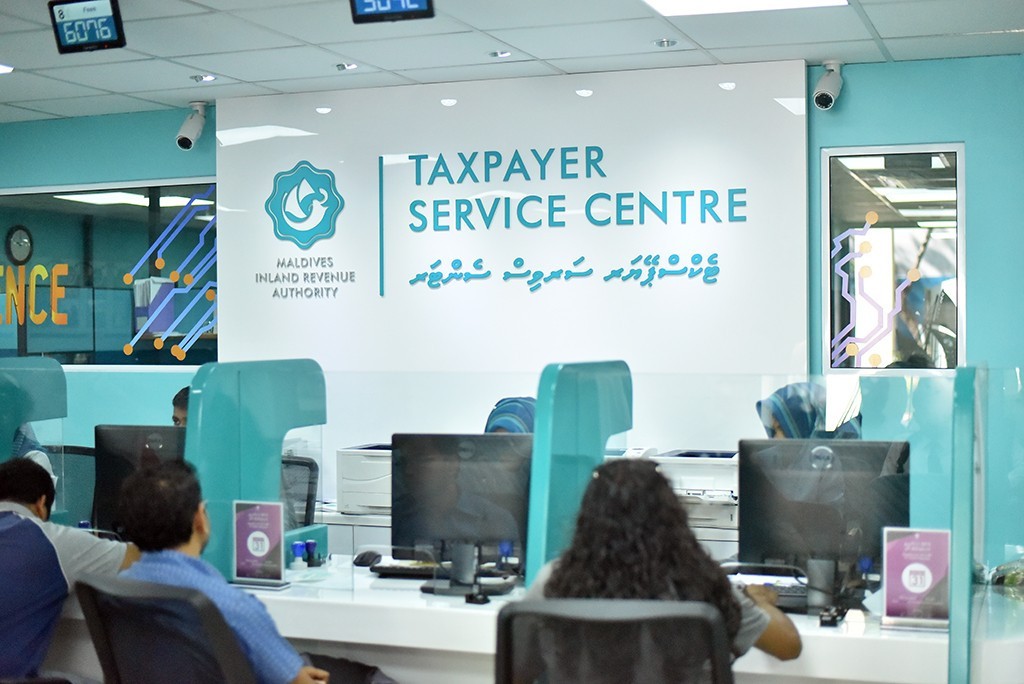Maldives – From today onward, taxes on services and goods will be increased and new tax rates will come into effect.
The 6th Amendment to the Maldives Goods and Services Tax Act (Law no. 20/2022) was ratified on November 22, 2022 increasing the tax rates effective from midnight of January 1, 2023.
Pursuant to this amendment, General Sector Goods and Service Tax (GGST) – which covers the domestic sector – will increase from 6% to 8% while Tourism Sector Goods and Services (TGST) will increase from 12% to 16%.
TGST applies to goods sold and services supplied by tourist resorts, tourist hotels, guesthouses, picnic islands, tourist vessels and yacht marinas authorized by the Tourism Ministry and will be taxed on the total value of the transaction.
With this change, government expects to generate USD 63 million from GGST and USD137 million from TGST.
The anticipated revenue of over USD 200 million can help government to manage rising debt interest costs and global inflation costs.
Minister of Finance Ibrahim Ameer claimed the country’s inflation rate would remain low compared to other countries despite the tax hikes.
The tax rises will contribute to inflation, the finance minister conceded. He estimated the tax increase would be just one of many factors raising inflation from around 3% this year to 5.4% in 2023, noting it was still well below the 11% inflation rate in the EU and the 10.4% rate in the UK.
But both the World Bank and International Monetary Fund have recommended tax increases as the Maldives has one of the lowest rates among small island developing states, he noted.
According to the IMF, an increase in the T-GST rate is justified by the relative inelasticity of demand for tourism and its high profitability in the Maldives. “The unique tourist experience in the Maldives likely generates economic rents that suppliers of tourism services will try to capture through higher prices.
In theory, taxes can be imposed on these economic rents without impacting the supply of the services, providing an opportunity for governments to increase tourism’s benefits to residents,” the IMF observed. The World Bank also welcomed the proposed tax hikes and recommended other revenue-raising measures to avoid a looming debt crisis.
But as parliament took up the government-sponsored legislation in October, the Maldives Association of Tourism Industry (MATI) appealed for a minimum 12-month notice for the tax increase.
A quarter of bookings could be cancelled, the Guesthouse Association of Maldives warned, noting the mid-market sector’s 40% occupancy rate and low profit margin as well as the impact of the war in Ukraine.
The Maldives Association of Travel Agents and Tour Operators (MATATO) estimated a 10% drop in tourist arrivals with a disproportionate effect on smaller tourism businesses.
MATATO also called the decision of the authorities “hasty” and “sudden”. According to the association, the tourism industry accounts for 74% of the total income of the Maldives, and if taxes in tourism are increased at the beginning of next year, the sector will suffer greatly.
“The tax will be higher than that of the competing countries and there is a possibility of losing some markets,” MATATO warned.
A survey of more than 300 tour operator partners, who collectively represent more than half of tourist arrivals, indicated “an unfavourable impact on demand” compared to reopened competitors such as Phuket and Bali.
The Parliament passed the bill after much controversy. The opposition PPM/ PNC members, some MDP members and the MDP’s President, Speaker Mohammed Nasheed also spoke against the tax increase.
The opposition has repeatedly said that the tax increase will have the biggest negative impact on the public, especially the low income classes.





